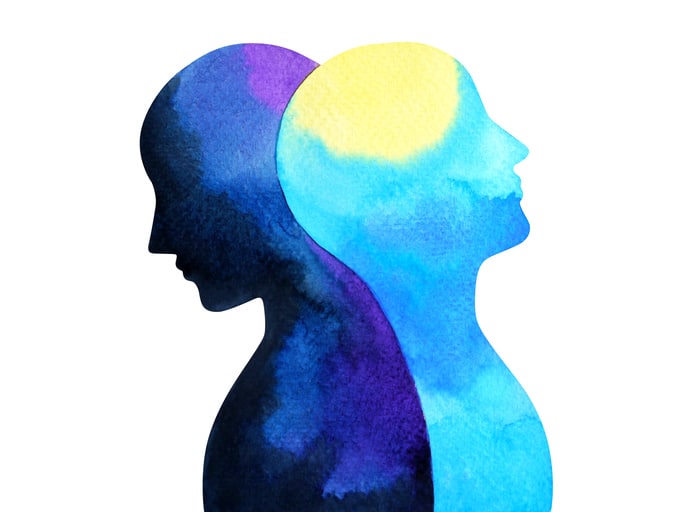FRIDAY, March 27, 2020 (HealthDay News) — Significant racial and ethnic differences have been identified in late-life depression (LLD) severity, symptom burden, and depression care, according to a study published online March 26 in JAMA Network Open.
Chirag M. Vyas, M.B.B.S., M.P.H., from Harvard Medical School in Boston, and colleagues conducted a cross-sectional study involving 25,503 community-dwelling older adults (mean age, 67.1 years) from the Vitamin D and Omega-3 Trial to examine racial/ethnic differences in depression severity, symptom burden, and care.
The researchers found that black and Hispanic participants and participants in the other, multiple, or unspecified groups had a higher severity level of Patient Health Questionnaire-8 scores compared with non-Hispanic white participants after adjustment for sociodemographic, lifestyle, and health confounders (rate ratios, 1.10, 1.23, and 1.14, respectively). Participants belonging to minority groups had significantly higher fully adjusted odds of anhedonia (odds ratios, 1.76 and 1.96 among black and Hispanic participants, respectively), sadness (odds ratios, 1.31 and 2.09, respectively), and psychomotor symptoms (odds ratios, 1.77 and 2.12, respectively) compared with non-Hispanic whites; the multivariable-adjusted odds of sleep problems and guilt were higher among Hispanics versus non-Hispanic whites (odds ratios, 1.24 and 1.84, respectively). Black participants were less likely to report any treatment than non-Hispanic whites among those with clinically significant depressive symptoms (adjusted odds ratio, 0.39).
“Future work in a longitudinal setting could clarify how the racial/ethnic differences observed in this study regarding LLD severity, symptom burden, and care may evolve over time,” the authors write.
One author disclosed financial ties to the pharmaceutical industry and to a supplement company.
Copyright © 2020 HealthDay. All rights reserved.



